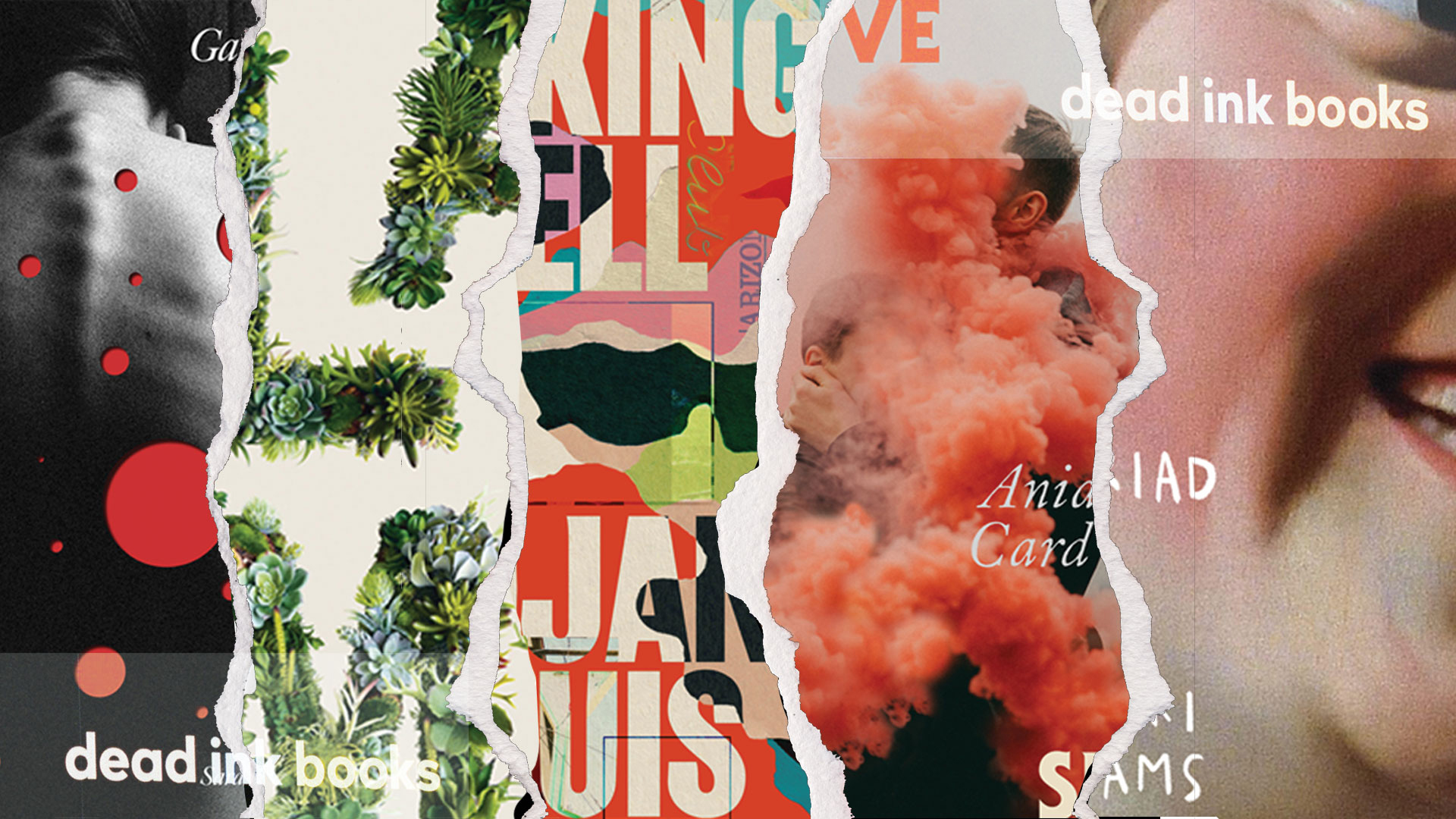Dead Ink began as what is probably best described as a bedroom business. Living in shared houses and struggling to find meaningful work in austerity Britain, stockpiling every print run of books in our bedroom. It was money saved from working bar jobs that funded those first books that we published and, while it might sound romantic now, it most certainly didn’t at the time. But it was the only outlet available to us so we put our all into it.
We were driven by a sense that a lot of the books that were on offer at the time didn’t excite us at all. The mainstream book business felt uninspired and safe. Based in the north we didn’t have much access to a publishing industry that was famously centred in London, and which felt like it had nothing to say to us or about us. And, after several months of writing job applications and attending interviews, it most definitely felt like it didn’t want us within it.
Change a Big Issue vendor’s life this winter by purchasing a Winter Support Kit. You’ll receive four copies of the magazine and create a brighter future for our vendors
We were a duo at the time, myself and Wes Brown, and we both felt we were nearing the end of our rope with an industry that felt designed to close doors in our faces. Wes decided that he was better off leaving to focus on his academic career, his own writing and, oddly enough, becoming a championship wrestler (a career that he has since been immensely successful in after publishing Breaking Kayfabe with Bluemoose Books earlier this year).
Around the same time, in 2015, I decided to quit my job and put an application into Arts Council England to run Dead Ink Books full-time. Full-time, I should say, for six months so I was clearly making some very responsible decisions.
I got that grant from ACE. Which was good, because I’d already quit my job. And it was from there that Dead Ink has continued to grow.









